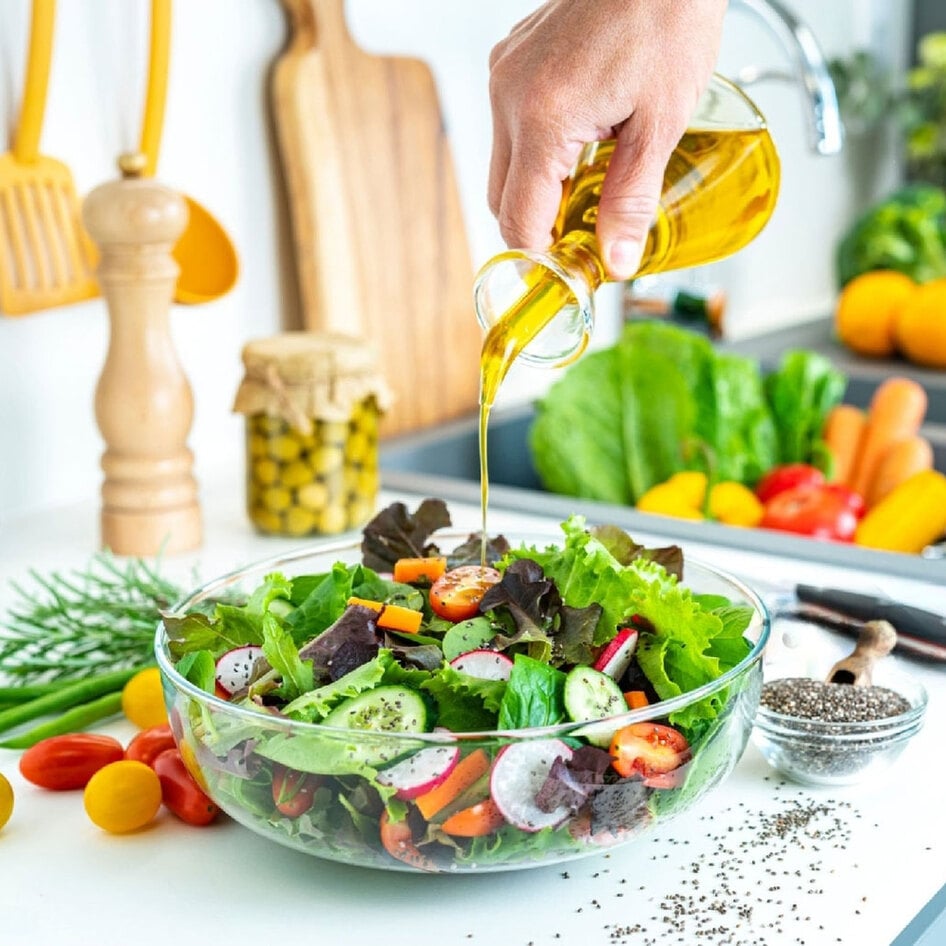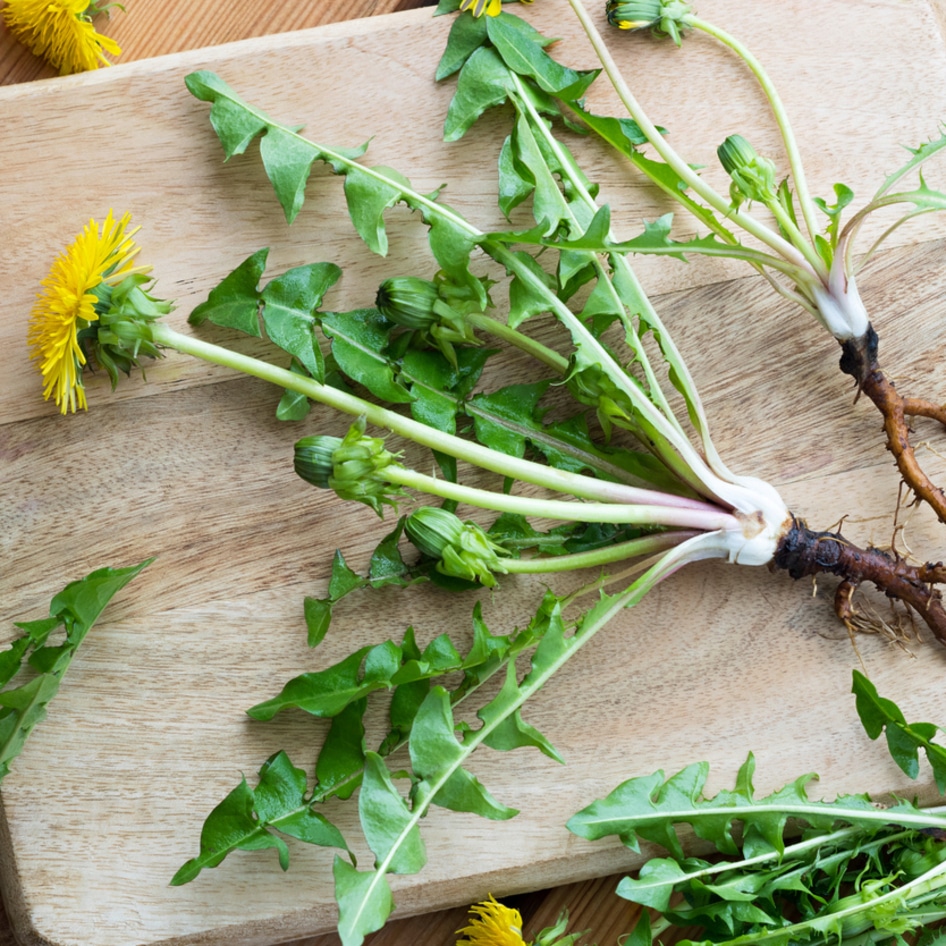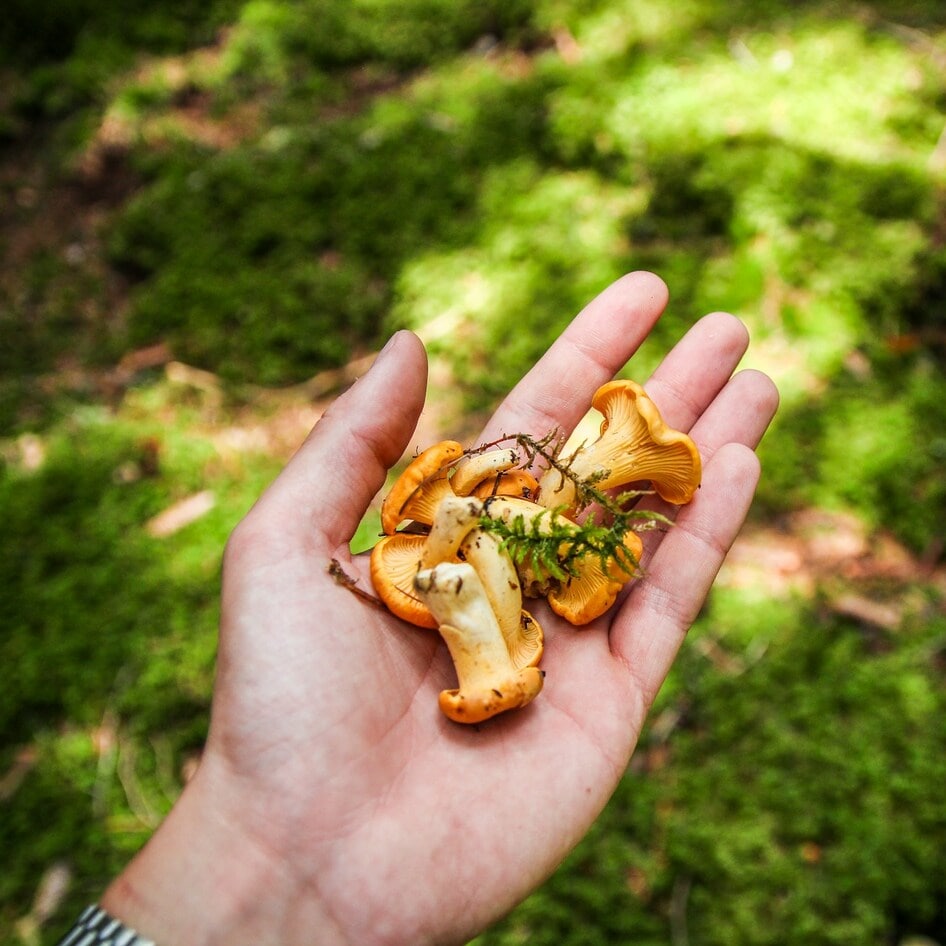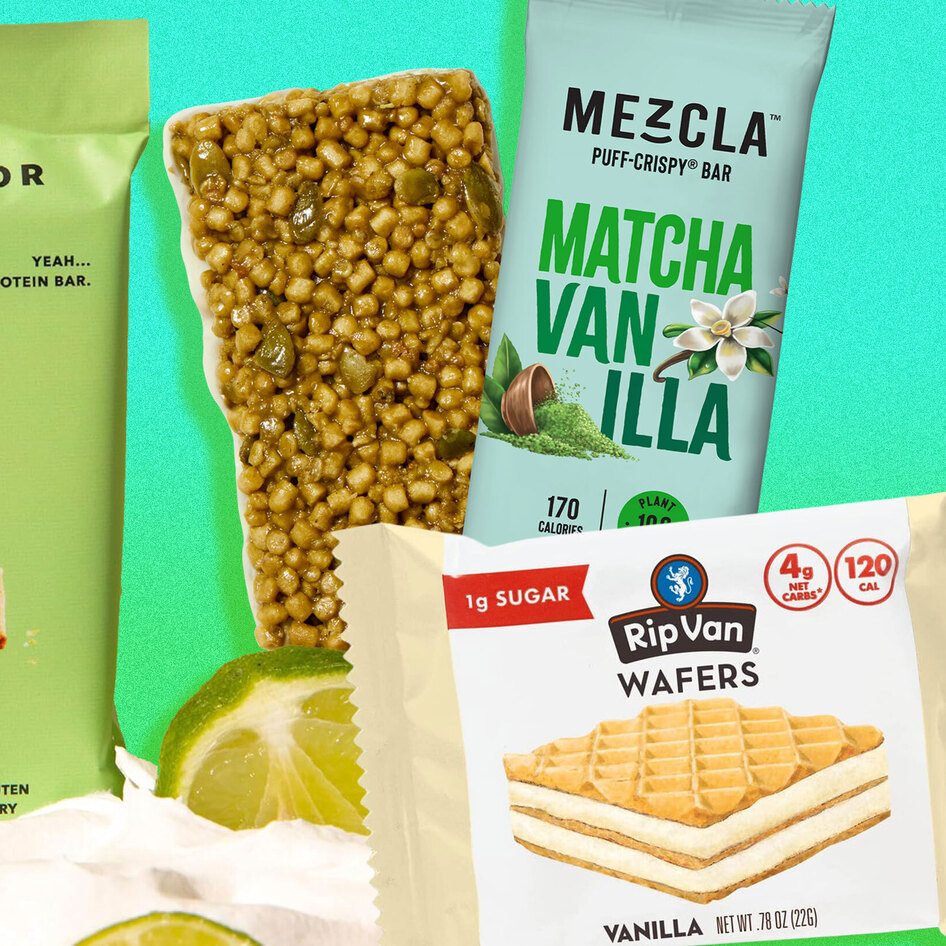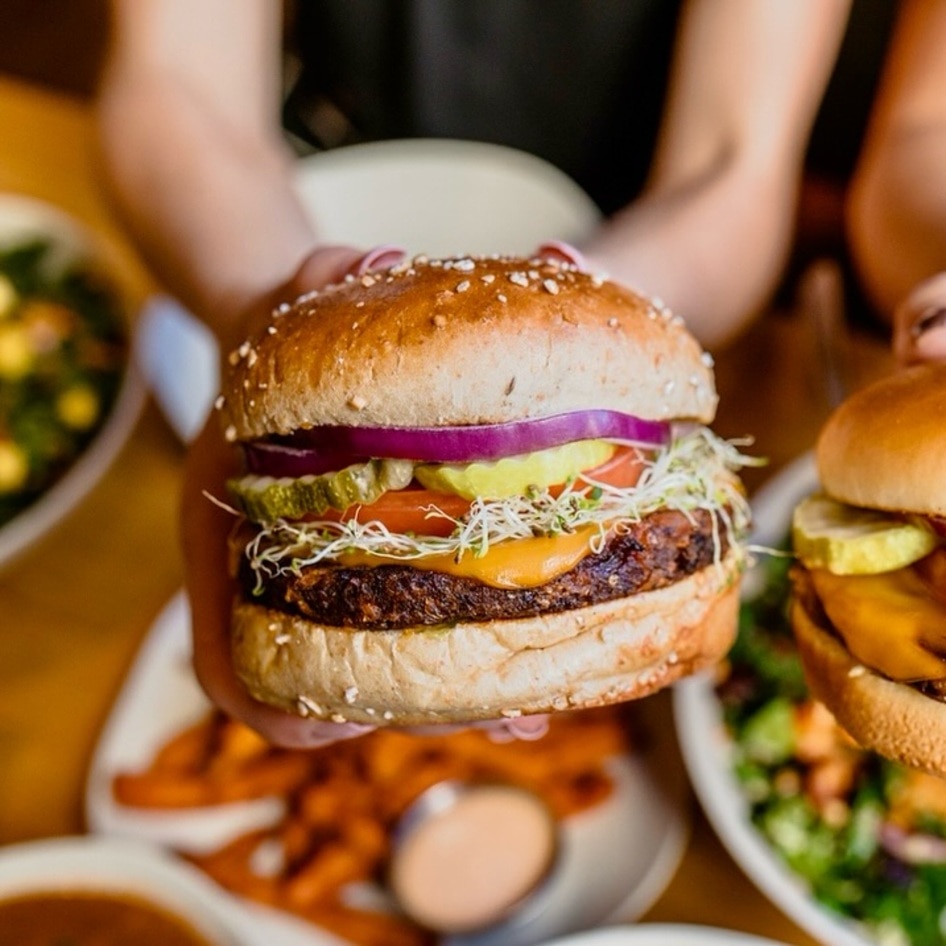7 (Free!) Ways to Reduce and Reuse
These tips and tricks will help you reduce your waste while saving the planetand some money.
June 20, 2016
You’ve got an army of tote bags for grocery shopping and you ride your bike to work. Living green is part of your life. But, as you know, every small step counts, so here are a few more tips to reduce your impact on the environment. The best part? All of these suggestions are free. What’s better than saving money and the planet at the same time?
1. Eliminate junk mail.
Each year, more than 100 million trees are destroyed to produce junk mail, and worse yet, according to website 41pounds.org, you personally waste 70 hours a year dealing with it. Stop the insanity with PaperKarma, a free iPhone app that will remove you from mailing lists with the click of a camera. How does it work? Download the app, take a photo of your junk mail, and hit send. PaperKarma does all the work for you. If you don’t have an iPhone, you can also sign up for a free account on catalogchoice.org, search for companies you want to remove your address, and submit an opt-out. Blamo: catalog-free!
2. Sell your used books.
If you’re not using certain cookbooks any more, want to pare down your library, or you’re moving and hoping to haul fewer heavy boxes, sell them to independent bookseller, Powell’s Books. The brick-and-mortar store has several locations in Portland, OR, but you can ship them your used books from anywhere—and they pay for shipping. All you have to do is go to powells.com, enter the ISBN numbers of the books you want to sell, print out the prepaid labels, and box up your books to send. Plus, you earn credit or cash for your books while giving someone else a chance to read your gently used tomes.
3. Find places to recycle just about everything.
Recycling bottles and cans is the easy part. What to do with batteries, an old laptop, or used motor oil? The handy and free app, iRecycle, will tell you exactly where to take anything you want to recycle. Simply type in your zip code or address, the item you want to recycle, and you’ll get a detailed list of locations near you with websites and phone numbers, plus the times the site is open. Most companies such as Apple offer recycling programs for their products, and you can always donate your used cell phone to Cell Phones for Soliders or HopeLine to benefit worthy causes.
4. Use pantry items to clean.
Distilled white vinegar, baking soda, and apple cider vinegar are not only everyday cooking supplies, but they also double as cleaning products for a fraction of the price of any natural cleaning products (and no nasty chemicals either). Use white vinegar to clean out your coffeemaker, dishwasher, floors—even moldy walls. Baking soda can remove tea stains on mugs, odors in furniture or carpet, and clean garden tools. Apple cider vinegar, which is a must-have for vegan cooking and baking, is a great laundry aid as well perfect for cleaning gold jewelry. For exact measurements, check out these articles on vinegar, baking soda, and apple cider vinegar.
5. Host a clothing or food swap.
Like the old saying goes, one man’s trash is another man’s treasure. To grab some free treasure of your own, host a clothing swap at your abode. Invite your friends to bring gently used clothes, kitchen wares, DVDs, books—just about anything that they don’t want anymore, and set up shop. Serve up some appetizers and find some great cheap bargains right in your own home. After the swap is over, bring the leftover goods to a local donation center such as Goodwill. If your closet is full but your belly is not, the same idea works with food. Invite friends to bring several servings of their favorite vegan soup and exchange recipes and containers of bisque. You can try this with brunch foods, lasagnas, or just about any of your best-loved meals. Just don’t forget to invite us.
6. Reuse everyday items.
That empty almond butter jar, the bag from a loaf of bread, and a resealable bag that you’re about to toss out can easily be reused. Clean out the jar and use it to store just about anything—homemade jams, almond milk, or coffee, just to name a few. When tidying up messes, toss junk into the plastic bread bag, and bring your sandwich for lunch in the resealable bag. Plastic sandwich bags can be used over and over again for maximum potential.
7. Reuse your fruits and veggies.
After juicing your greens, save the leftovers to fertilize your plants or toss them in Fido’s food bowl for some added vitamins. When chopping up veggies for a stir-fry, save the onion peels, celery ends, garlic peels, fennel fronds, and more for a vegetable broth (you can use almost any root veggie, except for beets, unless you want pink broth!). Store the ends in the fridge, when you’ve collected six to eight cups of scraps, VN columnist and personal vegan chef Jesse Miner recommends placing them in a large pot with a few sprigs of fresh herbs, a handful of peppercorns, and three quarts of water. Cook on low heat for an hour and strain afterward. Bonus: you’ll know that your stock is free of filler ingredients.
Whether you adopt all of these ideas or even just some, you’ll be contributing to less waste and get more out of your everyday items. Please share your favorite green tip in the comments!
JUMP TO ... Latest News | Recipes | Guides | Health | Subscribe


